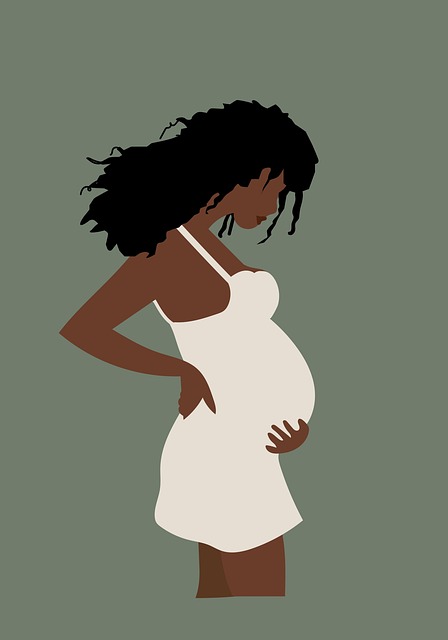Let’s dive into the world of antioxidants—what they are, why they matter, and how they can enhance your egg health.
What Are Antioxidants?
Antioxidants are powerful molecules that combat free radicals in the body, maintaining a balance essential for health. Free radicals are constantly produced, and without antioxidants, they can lead to serious damage.
When the balance tips in favor of free radicals, our bodies experience ‘Oxidative Stress.’ This is particularly detrimental as we age, significantly impacting egg health. Oxidative stress is the primary enemy of our egg reserve, and unfortunately, the antioxidant defenses in our eggs decline over time.
The quality of an egg—and consequently the health of the embryo it produces—is heavily influenced by the availability of antioxidants to shield against oxidative stress. For individuals with PCOS, antioxidants are even more crucial since they tend to experience higher oxidative stress and reduced antioxidant activity.
Numerous studies show that older women and those facing fertility challenges have compromised antioxidant defenses, making them more susceptible to oxidative damage. This damage can harm mitochondria, which are essential for energy production and egg quality. Fortunately, antioxidants can mitigate some of this damage, enhancing fertility outcomes.
Fueling Your Eggs
Your eggs require proper nourishment to successfully replicate and release the correct number of chromosomes during ovulation. Mitochondria, the energy factories within our eggs, generate ATP (adenosine triphosphate), which is the energy source eggs thrive on. Each egg contains about 15,000 mitochondria—over ten times more than any other cell in the body.
As we age, our mitochondria can become damaged and less efficient at producing energy. They are also vulnerable to oxidative stress, which can create a damaging cycle of increased free radicals. This oxidative stress significantly reduces ATP production, making it one of the leading factors affecting egg quality.
This issue isn’t just limited to older eggs; it also affects women with unexplained infertility. Research indicates that 70% of women with unexplained premature ovarian failure exhibit elevated oxidative levels.
A recent study revealed that women with higher total antioxidant levels during IVF cycles have a greater likelihood of achieving pregnancy. Another large study found that taking antioxidant supplements was linked to a shorter time to conception. Research is ongoing, and OVUM is committed to funding further studies, but the evidence strongly suggests that antioxidants play a crucial role in safeguarding your eggs and enhancing fertility.
Which Antioxidants Can Help?
Several vitamins, amino acids, and minerals are known for their antioxidant properties.
VITAMIN C
Surprisingly, Vitamin C is a powerful ally for fertility. Ovarian follicles are rich in this vitamin, and numerous studies support its role in preventing age-related declines in ovarian function. The benefits of Vitamin C for fertility are becoming clearer, and research in this area is ongoing.
In a recent study involving women of healthy weight and those under 35, both groups experienced shorter times to pregnancy when supplementing with Vitamin C. For women who are overweight (as per the NHS BMI index) and over 35, higher doses may be necessary. At OVUM, we prioritize high-quality Vitamin C in optimal doses, since the form and dosage are crucial for egg health. A low dose might not harm you, but it won’t be effective either.
If you’re interested in more insights into nutrition and its impact on children, check out this engaging post on understanding why toddlers can be picky eaters at Understanding Why Toddlers Can Be Picky Eaters. Additionally, for authoritative information on artificial insemination, take a look at BabyMaker’s Home Intracervical Insemination Syringe Kit Combo. For comprehensive pregnancy information, visit NICHD’s Pregnancy Resource.
Summary
In conclusion, building your antioxidant powerhouse is essential for maintaining egg health and enhancing fertility. Antioxidants play a significant role in combating oxidative stress, protecting egg quality, and improving the chances of conception. Vitamins like Vitamin C are vital for this process, especially for those facing age-related fertility challenges. By ensuring you have sufficient antioxidants, you can bolster your reproductive health.

